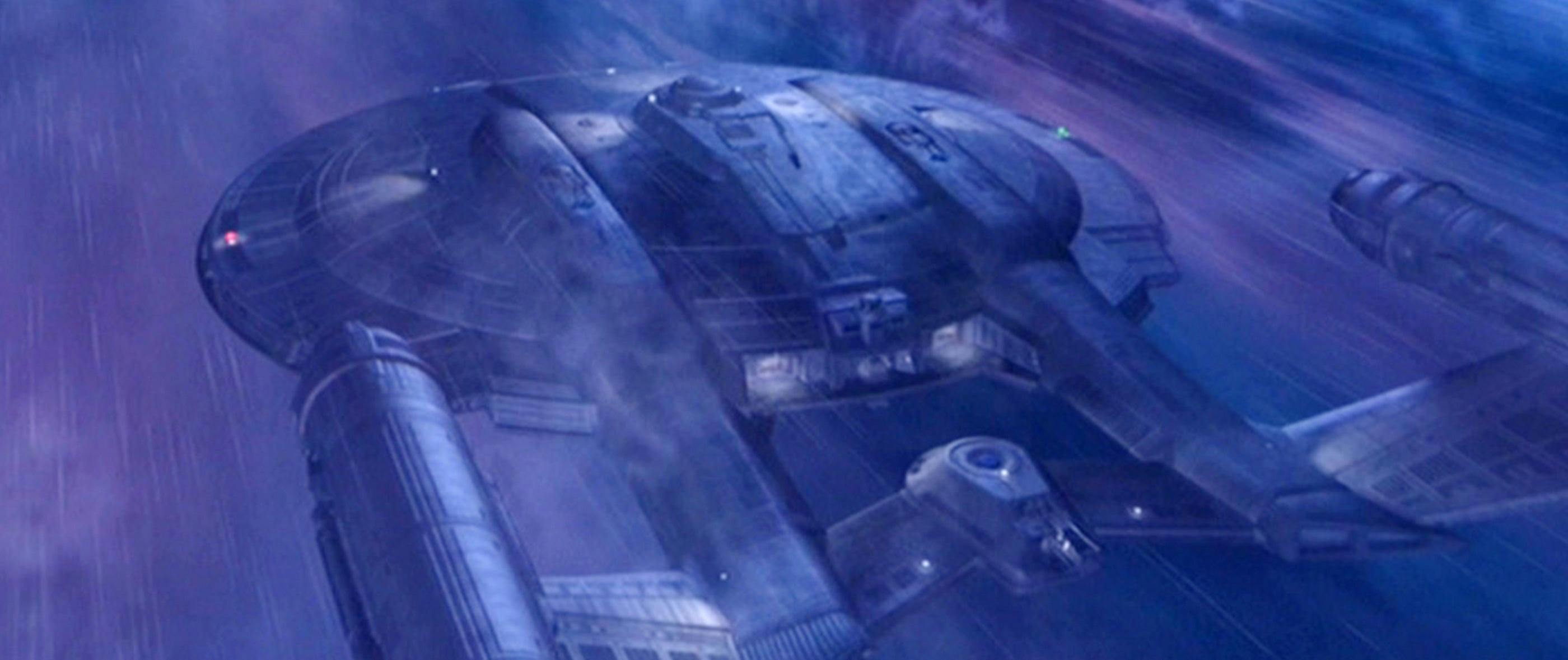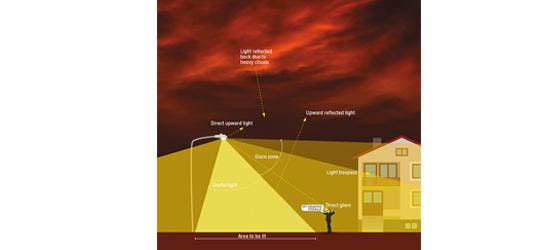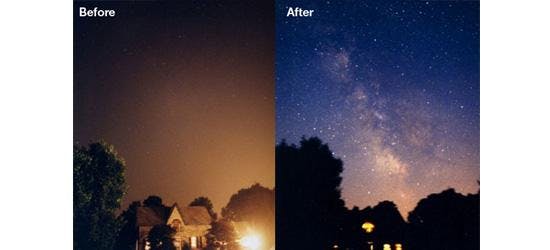Published Jul 14, 2017
Where Did All the Dark Skies Go?
Where Did All the Dark Skies Go?

If you’ve ever read Isaac Asimov’s Nightfall or remember the Star Trek: Enterpriseepisode “Catwalk,” you might have an idea what it is like not to have a starry sky every night. In Nightfall, the planet Lagash is in a system containing six stars; therefore, there is never night. Only once every two thousand years the alignment is such that only one sun is up, and an eclipse occurs due to another orbiting body which produces a brief night and a glimpse of the stars. In “Catwalk,” the planet in question is in a binary system such that it has only four days of night in any given month.



So, what can we do? Turn off the lights? As an example Figure 2 shows us what one place looked like during a major power outage.
Some countries have instituted measures to turn down outside lighting after certain hours. Growing up in Berlin, Germany, I remember well when the street lights went to half-light (two bulbs instead of all four) at 11pm. Other places, such as towns and cities near major astronomical observatories like Tucson, Arizona, and Hilo, Hawai`i, have switched to low-color-temperature LED lights that are much less bright. These are measures that have to be taken by local and regional governments. You can help by petitioning for such ways of lighting.
But what else can individual citizens do? Actually, you can do quite a lot regarding the lighting that you control.
1. Use light only where and when you need it. For example, use timed lights and motion-sensor lights on the outside of your house and in your driveway.
2. Shield your outdoor lights so that they illuminate only the ground they are supposed to light. That keeps you from bothering your neighbors, and it also prevents light reflection upwards.
3. Use low-color-temperature LED lights. They are bright enough for the purpose and produce much less glare.
4. Draw your blinds at night. It not only gives you privacy, but it also prevents light from leaking out and contributing to the excess outdoor light.
5. Get involved in the light pollution issue and petition your local government to install sensible shielded outdoor lights.
Let’s all take steps to help preserve our dark starry skies for future generations.
Here are a few links for you if you’d like to know more about this topic. The International Dark Sky Association can help you with information and contacts.
The International Dark Sky Association:
Information on outdoor lighting:
http://www.darksky.org/lighting/lighting-basics/
Memory Alpha:
Inge Heyerwww.ingeheyer.com
